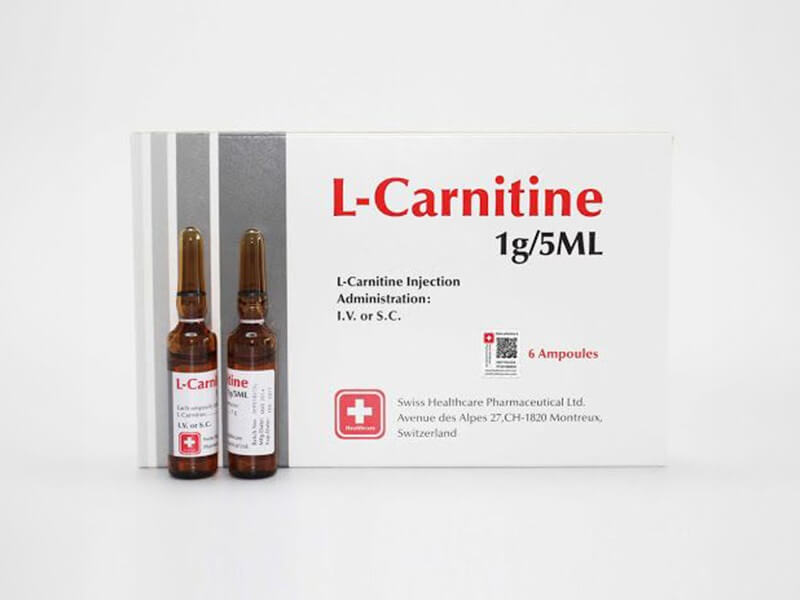
Article reviewed by: Dr. Sturz Ciprian, Dr. Tîlvescu Cătălin and Dr. Alina Vasile
The benefits of Coenzyme Q10 in cardiovascular health
Coenzyme Q10 (CoQ10) is an essential substance for the proper functioning of our cells, playing a crucial role in energy production and protection against oxidative stress. Over the past decade, coenzyme Q10 (CoQ10) has become a topic of major interest in medical research, highlighting its crucial role in maintaining heart health and cellular functions. A recent clinical trial brought to light not only a significant reduction in the risk of heart-related deaths, but also a number of general benefits of CoQ10 in the care of patients with moderate to severe heart failure.
The confirmed benefits of this study are shown below:
- Protection against oxidative stress: CoQ10, also known as ubiquinone, serves as a powerful antioxidant. By neutralizing free radicals, CoQ10 protects cells against oxidative stress, helping to maintain the structural and functional integrity of the heart and other organs.
- Improving endothelial function: Coenzyme Q10 can have a beneficial impact on endothelial function, facilitating the dilation of blood vessels and improving blood flow, helping to reduce blood pressure and prevent cardiovascular disease.
- Optimizing cellular energy production: CoQ10 is essential in the mitochondrial respiratory chain, being a crucial co-factor in the production of ATP (adenosine triphosphate), the main source of energy for cells. By optimizing this process, CoQ10 supports the optimal functioning of the heart and other tissues with high energy needs.
- Inflammation Reduction: CoQ10 has anti-inflammatory potential, reducing the levels of pro-inflammatory cytokines and thus improving the body's inflammatory response. This ability may be beneficial in the prevention and management of cardiovascular disease associated with chronic inflammation.
- Improved physical performance: In addition to cardiovascular benefits, Coenzyme Q10 has been associated with improved physical performance, which may be essential for patients with heart failure who often experience a decrease in physical effort capacity.
The aforementioned clinical study paved the way for a deeper understanding of the benefits of CoQ10 in treating heart failure. However, as research progresses, it is important to explore in more detail optimal doses, methods of administration, and possible interactions with other medications.
In conclusion, coenzyme Q10 is proving to be a valuable resource in promoting cardiovascular health, not only by reducing the risk of heart-related deaths, but also through its many general benefits. As research continues, CoQ10 may be an essential component in therapeutic and preventive strategies for heart and whole body health.




